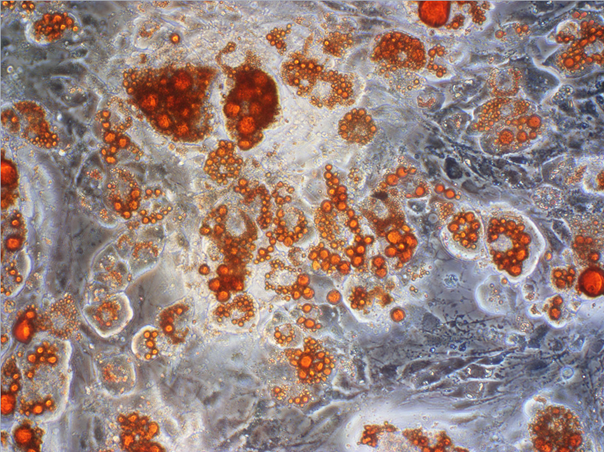Thiazolidinediony (TZD) jsou široce používány při léčbě inzulinové resistence u pacientů s diabetes mellitus 2. typu (DM). Tato léčba je však spojena s některými nežádoucími účinky. Je proto zapotřebí nových léčebných postupů, které by umožnily použít nižších (suboptimálních) dávek TZD v kombinaci s dalšími farmakologickými či dietetickými intervencemi.
In our previous studies (Kuda et al. 2009. Diabetologia; Horakova et al. 2012. PLoS One; Kus et al. 2011. PLoS One), we showed a potential of omega-3 to enhance the effect of sub-optimal doses of TZDs.
The insulin-sensitizing effect of TZDs is thought to results from activation of PPARγ, associated with the induction of adiponectin and stimulation of AMP-activated protein kinase (AMPK). However, our data suggest that the mechanism underlying effects of sub-optimal doses of TZDs on insulin sensitivity may depend on a change of plasma lipid profile resulting from modulation of hepatic lipid metabolism by TZDs, independent of the adiponectin-AMPK axes. The goal of this project is to characterize the dose-dependent mechanism of TZDs action using mice with genetically disrupted AMPK. Characterization of the mechanisms behind the dose-dependent effects TZDs will allow for designing novel combination treatment strategies for DM patients, while reducing both the risks and the cost of the TZD therapy.
Supported by the Project CSF (no. P301/11/0226; 2011-2015) PI: Pavel Flachs, PhD; collaborator: Eva Tvrzicka PhD; 1st Medical Faculty, Charles University, Prague.
In vitro experiments are performed to complement animal studies. Preadiopocytes and differentiated adipocytes in cell culture with lipid droplets stained using Oil red are shown.

